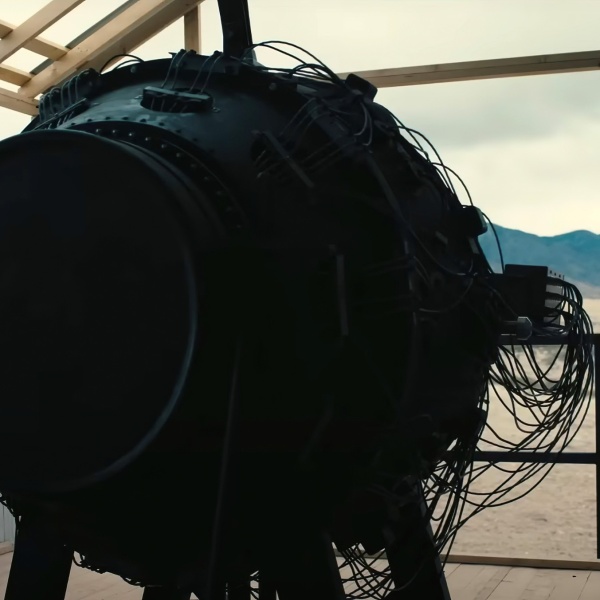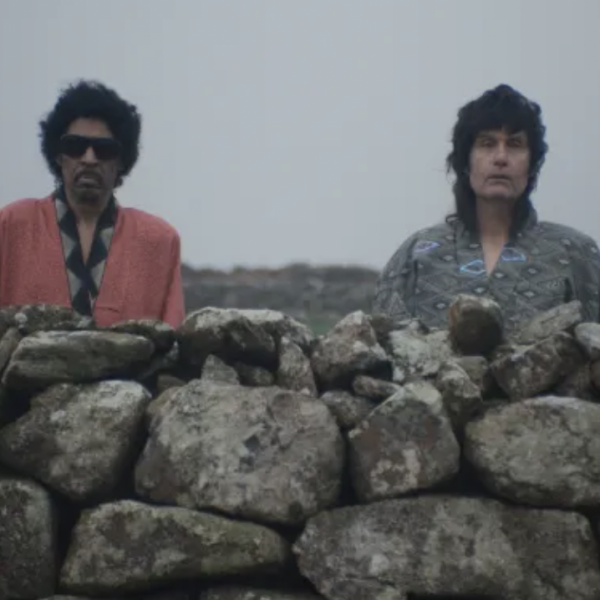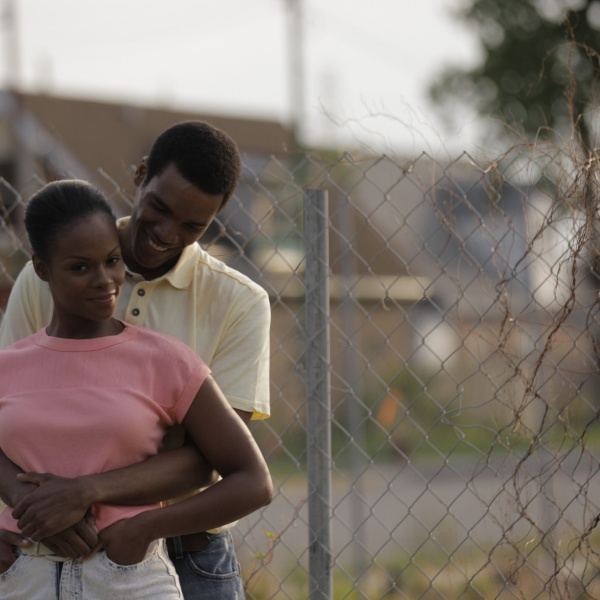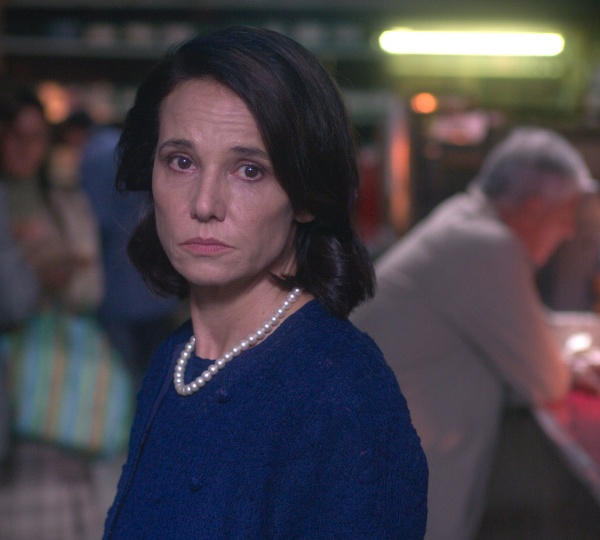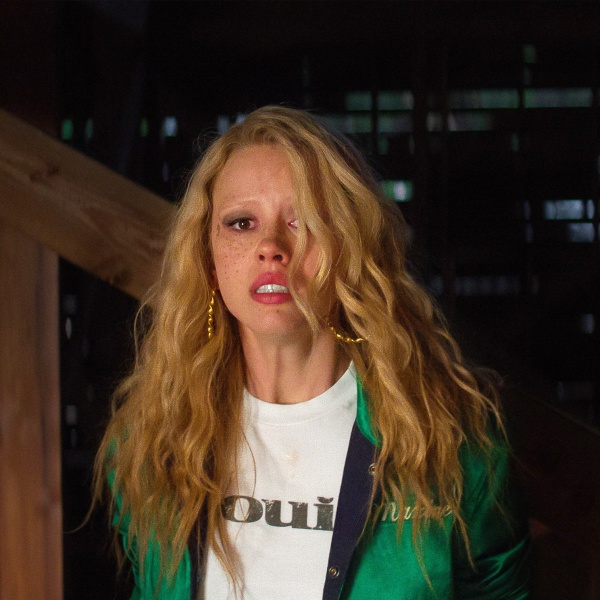
Editor’s Note: This interview took place prior to the beginning of the Writers Guild of America strike on May 2.
Welcome to It’s a Hit! In this series, IndieWire speaks to creators and showrunners behind a few of our favorite television programs about the moment they realized their show was breaking big.
As he geared up for the premiere of “Fire Island” on Hulu, writer and star Joel Kim Booster was braced for a deluge of #discourse.
He was familiar with the critical audience feedback for well-intentioned queer media of yesteryear (like “Looking,” a show that Booster enjoyed at the but which has been sharply analyzed since it ended in 2015), and fully prepared for “Fire Island” to engender the same polarizing response.
“Listen, I think I got away with murder a little bit in terms of the discourse around this movie,” Booster told IndieWire. “Gay men are especially critical of a media that depicts us because we are so starved for it. There’s not a lot of shows or movies that are about us, and so when we do get one, we sort of examine it very closely and try and find all the ways that it does and does not represent us and represent our specific experience.”
While “Fire Island” did not wholly escape outlandish critiques (one note prompted Alison Bechdel to chime in and adjust her eponymous testing metric), the “Pride and Prejudice” adaptation centering gay Asian men received rave reviews. IndieWire’s Jude Dry called it “A guaranteed instant classic” that’s “gorgeously intersectional, subtly political, and a damn good time.” On May 13, the film won a GLAAD Media Award for Outstanding Film (tied with “Anything’s Possible”), with Booster accepting the award for his screenwriting feature debut.
“AI does not have the trauma, the joy, or the lived experience to create any of these stories that we are honoring tonight,” Booster said in his speech, underscoring his support for the Writers Guild of America strike. “AI certainly could not have written the line ‘If you take an edible with half of an Adderall it’s a bit like molly.’ You gotta live that life.”
This interview has been edited for length and clarity.
IndieWire: When you were developing and pitching Fire Island originally, what were some of the edits or feedback you got? People in Hollywood love to have opinions about why something doesn’t work, and a lot of the time they’re wrong — especially when it comes to a minority story.
Joel Kim Booster: There [were a] lot of notes throughout the project, honestly, that asked me to explain a little bit more some of the jokes and some of the references throughout the movie. Specifically, I think I made a tactical error and including voiceover narration, because that gave the studio a lot of opportunity to tell me “Well just explain it in the narration” or “Explain this reference or this joke,” and I was really adamant about making sure that it didn’t feel like a movie that felt like it was for straight people.
I think people are really sensitive to that when they watch movies about other people’s experiences. I know I feel that way when I watch shows like — “Insecure,” for example… I didn’t understand every reference in every joke, but I felt the authenticity through that and it was a more enjoyable watching experience because of it. I really wanted to replicate that kind of experience in my movie.
Were there particular things that you remember maybe fighting for or a note you pushed back on?
A lot of the drugs stuff was very much noted heavily. They definitely wanted to pull back on some of it and I lost some of those battles, and they also wanted more descriptions of what everything was and how it worked. The George W. Bush line [which Booster as Noah says out loud after thinking “Mission accomplished” in his voiceover] is a joke I’m convinced that only about 15 percent of the audience enjoyed or liked, and is one of my favorites because it is the experience for me of being on ketamine. The studio definitely didn’t quite understand it nearly as much and I’m not even sure it tested super well when we watched it with test audiences, but for me, that was an experience that I had that I wanted to mimic in the movie. I’ll be frank: there’s more narration in the movie than I originally planned on there being because of the need to compromise on the amount of explaining that needed to happen.
I guess as a comedian you’ve dealt with this sometimes: Do you want everybody in the room laughing a little bit, or one person who just like snorts through their nose?
Yeah, that’s my big thing. I’m much more interested in writing something specific — hyper specific, and the little left of center — that maybe hits fewer people than something super broad. There’s definitely broad comedy in the movie, there’s pratfalls, there’s all sorts of goofy shit that happens — but for me, it’s those little moments that sort of pass people by, that happen quite quickly that you have to be really keyed into the movie to really catch and grab and take hold of. Those are the moments that are way more rewarding to me as a writer and as a creator.

I read that this was originally developed as a series for Quibi.
When I wrote it as a series, quote, unquote, for Quibi, it was always written as a movie that just happened to be split up into 10 parts. When Quibi folded and Searchlight bought the script, I didn’t actually make that many changes to it from its Quibi version to the Searchlight version. I basically just took out the chapter breaks and smoothed out the structure a little bit, but by and large, the movie stayed pretty much the same from Quibi to Searchlight.
I would have thought it would go the other way. So even in the Quibi stages, were you maybe wishing it were just a feature?
Here’s the thing: Quibi was not my first choice of a home for this, but it was also the only place that was interested in a movie like this at the time. I was grateful that this company was interested in developing it with me, and the big draw with Quibi was [that] after two years, all the rights refer back to you — so I could get it back and recut it as a movie and sell it elsewhere. That was always sort of the goal.
Was there a moment during production when you or maybe your director (Andrew Ahn), were kind of looking around and we’re like, “Damn, we have something special?“
This was such a special [experience] for me because I got to do it with so many of my close friends and people who eventually became very close friends. We were a very tight knit group and so there were lots of moments, especially when we got to the island to actually shoot. We only shot on Fire Island for about the last two weeks of production, and those moments — I mean, like, dancing on the dock at the end of the movie, when we were able to shoot those scenes — it wasn’t acting. We were just really able to celebrate while we were doing [it] and… we were able to bring that energy to that scene. The first moment we were rehearsing the “Sometimes” karaoke scene, and Matt (Rogers) and Tomás (Matos) did not tell us that they had come up with choreography to do as as they were singing back up for Bowen (Yang), and so that was a complete surprise to us. I remember seeing it for the first time and just being like, “This is absurd and ridiculous and so funny — and if it works, then it will be one of the most iconic scenes in the movie.” And if it doesn’t, then the entire movie doesn’t work, because that’s the sort of vibe of the entire movie is this kind of level of ridiculousness mixed with earnestness. If we can pull this off then the movie will be success, otherwise we’re fucked.
In April 2022, you tweeted that the discourse around “Fire Island” would kill you. Can you tell me more about that?
I really wanted to make a movie that was about my experience without trying to represent everyone’s experience in the community. For me, the discourse was frustrating when it was discourse around “Well, this doesn’t represent me because XYZ,” when that was never really the goal.
I tweeted that preemptively as sort of a joke. That did not happen to me or my movie, and the jury’s still out — maybe it will. Maybe in five years time people will revisit it and who knows how it will age. But I was really, really happy with the response from the gay community writ-large of my movie, and I was appreciative of it. In terms of knowing when it was a hit, a huge moment for me was going to Fire Island after the premiere. I was nervous; I was nervous to be in that environment with a bunch of gay men who loved Fire Island as much as I do — the place — and figuring out what their reaction to this movie would be. Going there — it was a little bit like being Mickey Mouse and at Disneyland for a week and having people feel comfortable enough to come up to me and tell me that they loved the movie, especially gay men who are notoriously not super effusive when it comes to other gay men’s work, I think. It really did feel like “Oh, wow, like we did it. We made something really great that people enjoy.”
To paraphrase a famous musical: How do you measure a hit?
That’s really tough. I’m not privy to the streaming numbers. Hulu does not share that information with me. I know that people watched it, I know that they’re very happy with the performance of it, so by those metrics I guess you could call it a hit. But for me, the hit aspect of it is still not something that I’ve completely come to terms. It’s really hard for me to even say — I would never say it to someone else, like “Oh, my movie was a hit.” I guess it’s moments like these are really the validation that comes with that. That’s a really tough question, and it’s not one that I feel qualified to answer.
“Fire Island” is now streaming on Hulu.

